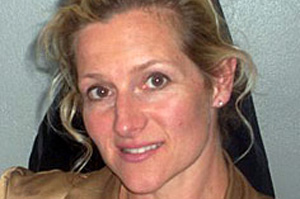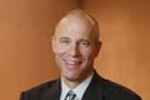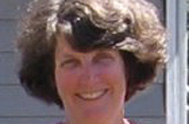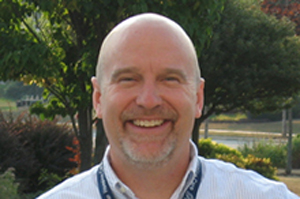Sharing With An Open Heart
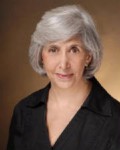 In this interview, Fredda Wasserman shares some heartfelt questions that can truly change the conversation about death and dying. Fredda has a Master’s Degree in Public Health, a Masters in Clinical Psychology, and is certified in Thanatology – the study of death, dying and bereavement. She is also a licensed marriage and family therapist, and co-author with Norine Dresser of Saying Goodbye to Someone You Love.
In this interview, Fredda Wasserman shares some heartfelt questions that can truly change the conversation about death and dying. Fredda has a Master’s Degree in Public Health, a Masters in Clinical Psychology, and is certified in Thanatology – the study of death, dying and bereavement. She is also a licensed marriage and family therapist, and co-author with Norine Dresser of Saying Goodbye to Someone You Love.
Ask the Questions
Elizabeth Fournier
You need to make your decisions known to your spouse or siblings or whoever. At the very least, you need to tell them, “I want to be buried” or “I want to be cremated.” Sometimes people come to me not knowing what their family member would have wanted, because it had never been discussed. And that’s a hard one. Then they wonder if the less expensive version is alright, if they should do more. A lot of fretting and confusion could have been avoided by talking about it earlier.
Helping People Die Healed
Interview with Glenn Rodriguez, MD
DeathWise: People tend to avoid talking with their family members about issues related to death. Then when somebody dies, it’s too late. As a physician, how do you view the topic of death?
Glenn Rodriguez: One of the things about our culture’s denial of death is that we collectively give up the growth and the healing opportunities that come from one of life’s great transitions. There’s birth and death, but if we only pay attention to birth, we’re missing a big part of the equation.
Making Your Financial Decisions Now
Interview with Marcia Mellinger
DeathWise: Why do you think so many people tend to avoid end-of-life financial planning?
Marcia Mellinger: In my experience, there are five reasons. People don’t want to think or talk about death, especially their own. They have not decided who should be the guardian for their children, or who should handle financial and medical decisions if they can’t do this themselves. They worry about the cost of having a will prepared for them. They don’t know how to start the process. And finally, procrastination.
DW: What about the procrastination issue?
Marcia: People are busy. They’re working. Some are raising kids. Some are looking after the needs of their own parents. Plus they want to have some time for themselves.
It’s natural that we deal first with the things that are pressing, that have immediate consequences in our life. Planning ahead for something that may happen in 20 or 30 years just doesn’t have the immediacy that requires action right now. Until it happens…
The reality is, nobody knows when they will die. And if they choose to ignore the issue and don’t plan ahead, they could end up creating a financial headache and emotional drama for those they leave behind.
Read More »I’ve Always Loved You
Interview with Mike Bernhagen, co-producer of the film Consider the Conversation.
DeathWise: What message would you like people to take away after watching your film?
Mike: I’d like people to understand that in the United States today, we no longer see dying as normal. Not like the old days when family and friends would keep vigil for those who were in their final days and hours of life. Even 40 years ago, death was more sudden. Today, 90 percent of us can expect to die slowly from a chronic disease.
I know from personal experience that medical people are trained in a linear way. That’s why they tend to view someone at the end of life as a set of medical problems that can or cannot be fixed rather than as a human being with hopes and fears who happens to be sick.
In our film, through the sharing of beautiful stories gathered from around the country, we hope to change the current American attitude from one that primarily views death as a failed medical event to one that sees it as a normal process rich in opportunity for human development.
Read More »

